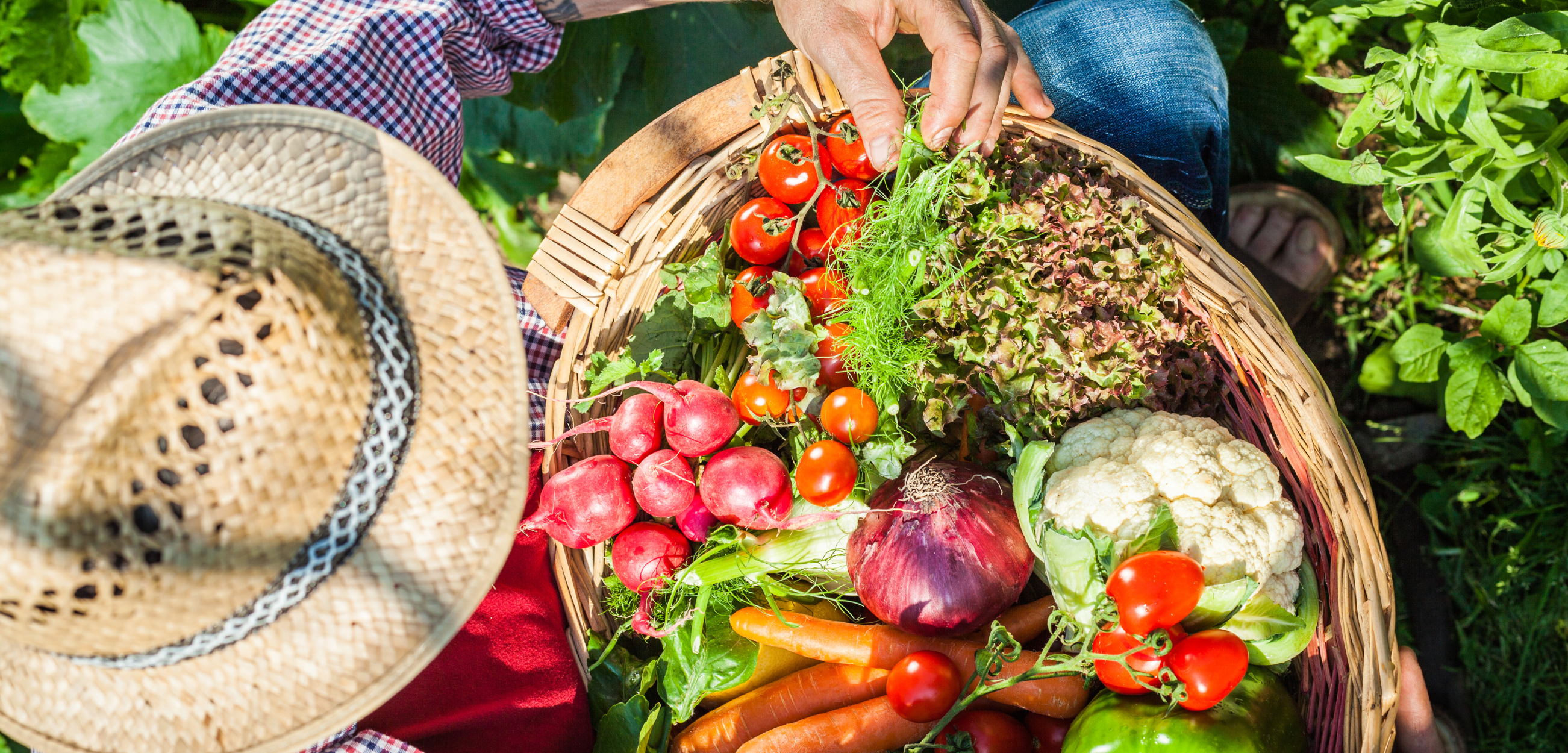In our fast-paced world, where technology often takes center stage and convenience reigns supreme, it’s easy to overlook the simple joys and profound benefits of connecting with nature. Yet, as we navigate the complexities of modern life, there’s one age-old practice that continues to offer a wealth of rewards for our health and well-being: gardening. Today, let’s explore the symbiotic relationship between gardening and gut health, and discover how nurturing your own little patch of green can profoundly impact the health of your microbiome.
Understanding the Gut-Microbiome Connection
Before we delve into the therapeutic benefits of gardening, let’s take a moment to understand the intricate relationship between our gut and the trillions of microorganisms that call it home. The gut microbiome, comprised of bacteria, fungi, viruses, and other microorganisms, plays a crucial role in digestion, immune function, metabolism, and even mood regulation. A balanced and diverse microbiome is associated with better overall health, while imbalances have been linked to a range of health issues, from digestive disorders to autoimmune diseases.
Now, you might be wondering, what does gardening have to do with gut health? The answer lies in the soil. Soil is teeming with beneficial microbes that are essential for plant growth and health. When we interact with soil—whether through gardening, farming, or simply walking barefoot in nature—we inadvertently expose ourselves to these beneficial microbes, which can have a positive impact on our own gut microbiome.
The Therapeutic Benefits of Gardening
Gardening offers a myriad of physical, mental, and emotional benefits that can contribute to overall well-being. Here are just a few ways that cultivating your own garden can support gut health and promote holistic wellness:
- Exposure to Beneficial Microbes: By working with soil, planting seeds, and tending to plants, we come into contact with a diverse array of beneficial microbes that can help to enrich and diversify our gut microbiome.
- Stress Reduction: Gardening has been shown to reduce stress levels and promote relaxation, which can have a positive impact on gut health. Chronic stress has been linked to dysbiosis and inflammation in the gut, so finding ways to manage stress is essential for overall gut health.
- Physical Activity: Gardening is a form of low-impact exercise that can help to improve physical fitness and promote healthy digestion. The physical exertion involved in tasks like digging, planting, and weeding can stimulate peristalsis—the rhythmic contractions of the intestines that move food through the digestive tract—and support regular bowel movements.
- Connection to Nature: Spending time outdoors and connecting with nature has been shown to have numerous health benefits, including reducing inflammation, improving mood, and boosting immune function. These benefits can indirectly support gut health by creating an environment that is conducive to overall well-being.
- Nutrient-Rich Harvest: Growing your own fruits, vegetables, and herbs allows you to enjoy the freshest, most nutrient-dense produce possible. Consuming a diet rich in fresh, whole foods is key to supporting a healthy gut microbiome and promoting optimal digestion and absorption of nutrients.
Getting Started with Gardening for Gut Health
Whether you have acres of land or just a small balcony or windowsill, there are many ways to incorporate gardening into your life. Here are some tips to help you get started:
- Start Small: If you’re new to gardening, start with a few easy-to-grow plants like herbs, salad greens, or cherry tomatoes. As you gain confidence and experience, you can expand your garden to include a wider variety of plants.
- Choose Organic: Whenever possible, opt for organic seeds, plants, and soil amendments to minimize exposure to harmful chemicals and pesticides that can disrupt the delicate balance of the gut microbiome.
- Get Your Hands Dirty: Don’t be afraid to roll up your sleeves and dig in! Getting your hands dirty is part of the joy of gardening, and it’s also a great way to expose yourself to beneficial soil microbes.
- Make It a Family Affair: Gardening can be a fun and rewarding activity for the whole family. Get your kids involved by letting them help plant seeds, water plants, and harvest vegetables. Not only will they learn valuable life skills, but they’ll also develop a deeper appreciation for where their food comes from.
- Enjoy the Fruits of Your Labor: There’s nothing quite like the satisfaction of harvesting your own homegrown produce and incorporating it into delicious meals for you and your family to enjoy.
Cultivating Gut Health
As you embark on your journey to cultivate gut health through gardening, remember that every seed you plant, every weed you pull, and every meal you prepare from your own harvest is a step towards greater well-being. Embrace the process, connect with nature, and savor the fruits of your labor, both literally and figuratively.
And if you ever feel overwhelmed or unsure where to start, know that you’re not alone. As a functional medicine practitioner, I’m here to provide guidance, support, and personalized recommendations to help you achieve your health and wellness goals.
Book your complimentary discovery call today to take the first step towards cultivating gut health and nurturing your microbiome through gardening.
To your health and thriving green pursuits,
Dr. John Dempster, ND
P.S. Embrace the therapeutic benefits of gardening and discover the profound impact it can have on your gut health and overall well-being. Whether you’re planting seeds or harvesting vegetables, every moment spent in the garden is an investment in your health and happiness.


